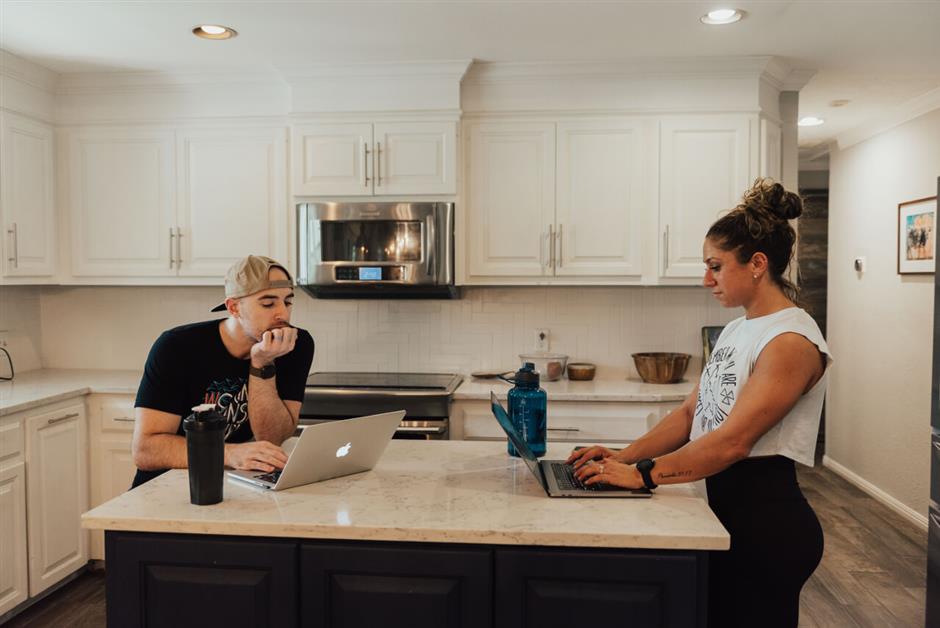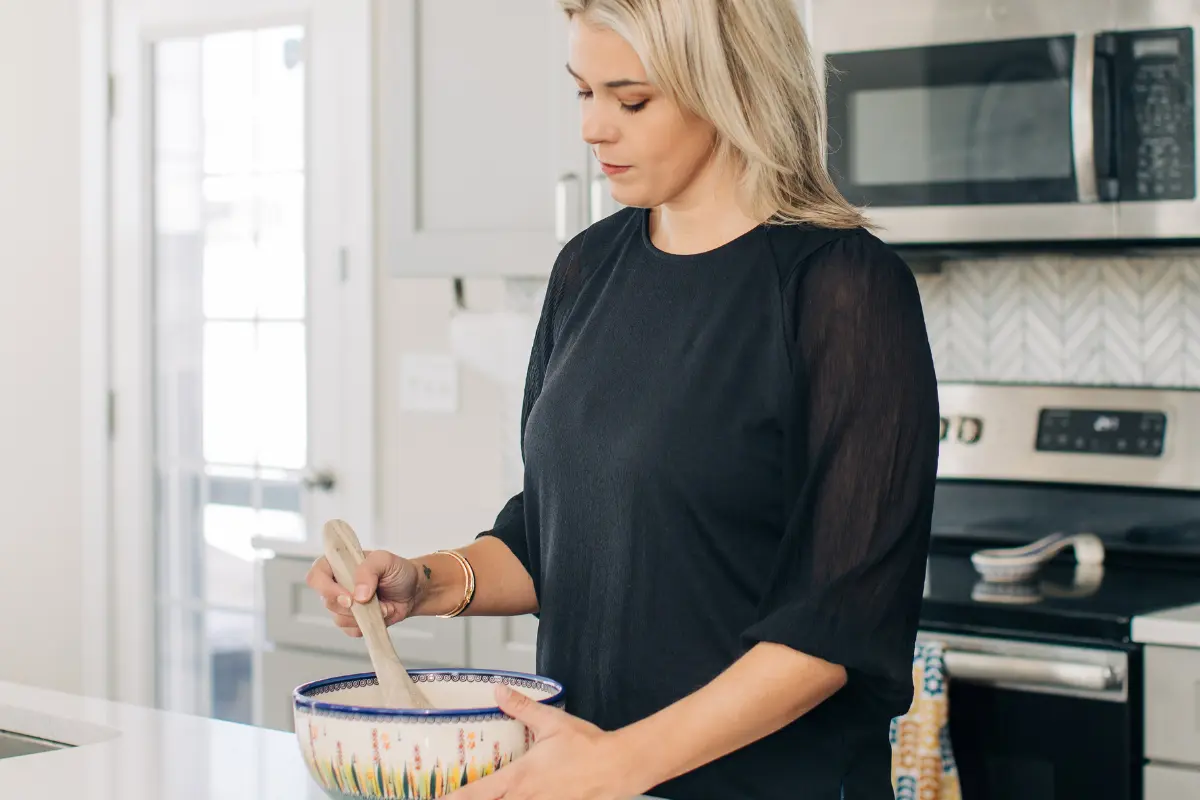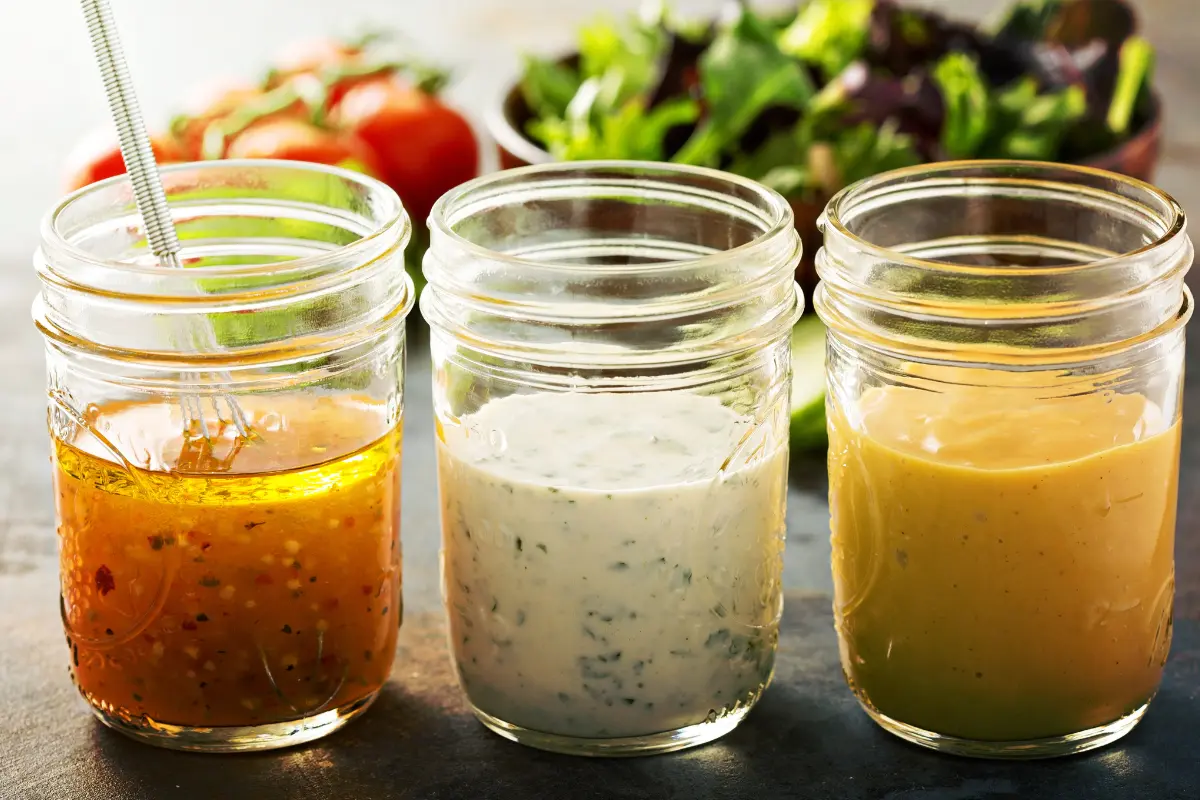
Are you a nutrition coach looking to improve your methods for your clients? Are you someone who is new to the space and is interested in becoming a nutrition coach but don’t know where to start?
Working Against Gravity has got your back.
We’ve launched our very own Coach Certification Program for individual coaches and the WAG Business Program for CrossFit box owners, geared toward helping you understand what it takes to become a great nutrition coach.
Our goal is to shift your perspective on nutrition and provide you with the highest-quality, science-based information for coaches and potential coaches getting started.
Nutrition coaching is far more than just figuring out the best diet out there or the perfect macro profile. It’s about coach-client connection, providing a broad scope of nutritional knowledge, getting vulnerable, creating behavior change and so much more.
Advertisement
We are going to hit you with the key points you need to know in order to help you become the best coach you can be while helping others become the best versions of themselves.
CREATE A JUDGMENT-FREE ENVIRONMENT
As a coach, creating a safe space for clients to be able to explore different areas of their nutrition WITHOUT feeling judged or chastised is extremely important.
Throughout any new journey to fitness, weight loss or improving nutrition, clients are bound to make mistakes along the way. That said, they need to feel like it’s OK to make mistakes, to mess up, to make the wrong choice and to then come to YOU, their coach, about it.
Honesty is a huge factor in creating that judgment-free environment we are trying to facilitate. How do we do this? By creating a strong base relationship with our clients.
Advertisement
As a coach, you need to keep your eyes on the things that the client is doing well—to find the wins of their week.
No matter how bad clients mess up or fall off their nutrition plan, there’s always SOMETHING to help reiterate the good and to praise them for.
Mistakes are part of the journey and give us an opportunity to educate our clients, support them and lift their spirits. Coaches are not only educators but encouragers and cheerleaders. You need to make sure your client knows this wholeheartedly and that you’re not there to reprimand them or bring them down at any point in time.
This is extremely crucial in developing that good coach-client relationship and judgment-free space for your client.
The main goal here is to make your client feel comfortable and safe under your guidance. Most importantly, to remind them that no matter what happens along their journey, good or bad, you’re there to do nothing but support them.
Advertisement
HAVE A STRONG KNOWLEDGE BASE IN NUTRITION
You’ll need to know how to set the macros and layout an initial plan for your client. We believe the most important aspect of this is knowing the science behind it all.
You need to know the ins and outs of how to set up an individualized plan, the roles of micronutrients/macronutrients in the body, human anatomy/physiology, when to make appropriate macro adjustments, how to analyze biofeedback data, training volume/programs, sports and athleticism, etc.
You need to have a very good understanding of when to make changes to a plan, feel confident with collecting as much information as possible, and to then know what to do with that information to facilitate progress and behavior change.
The key is to ensure you have as many tools in your toolbox as possible because THIS is how you can create the best individualized, science-based approach to setting up a client’s plan.
No two clients are the same, so you need to have a wide scope of knowledge to not only set the plan and overall first impression for your client, but to build their trust in you as their guide.
Advertisement
HELP THE CLIENT SEE WHAT THEY’RE ALREADY DOING RIGHT
The last thing someone who is trying to reach a goal wants to do is to disappoint their coach, so making sure that you are praising your clients for the things they are already doing well is key.
Not only will this help them realize that they CAN achieve more than they ever thought they could, but also that they can gain confidence and receive positive encouragement DESPITE what they may be doing wrong.
Trust me, as coaches, we know the feeling of wanting to fix everything at once. You might get a new client who is new to everything and just can’t get it right within the first few weeks of coaching. This is a completely normal occurrence.
This may get frustrating because there are so many things that you want to tackle at once.
This is when you want to pause and pick the lowest-hanging fruit first. This means choosing to sharpen a skill that is going to make the biggest impact on your client's adherence to the plan.
Advertisement
For example, let’s say eating enough protein is a huge struggle for your client. You might start with the education of which foods have higher protein and what to look for on nutrition labels. Then let the client know that you JUST want them to focus on eating 4 ounces of protein (or whatever the number might be) in each meal to help them get the hang of higher protein intake.
Start with commending your client for the behavior change that’s already happening and THEN tackle the skill that will make the biggest impact on their progress. This will be best for overall adherence and making sure they are gaining confidence in their abilities along the way.
BE MORE SELF-AWARE
How does being more self-aware of your own actions and behaviors actually help your clients?
Well, when we are more aware of our own behaviors that help us succeed or struggle, we can relate to the client on a personal level and get vulnerable WITH them when they’re struggling.
We can start by noticing the behavior and developing patterns on our own before bringing it to the client's attention.
Advertisement
After a few weeks of gathering consistent data, we can kindly let them know what we’ve been noticing and help gently nudge them in the right direction. This is the key to facilitating behavior change rather than telling them exactly what they need to change and what we want them to do.
Bringing awareness to the behavior can help them come to a better conclusion on their own, making them more conscious of what they’re doing and why.
The extent to which we are unconscious of a habit is the extent to which it persists.
This is why awareness alone will help the client improve what they are doing that’s causing them to struggle. If they are simply more aware of that behavior and start to notice when it’s happening and why they can learn to facilitate that behavior change one step at a time.
ASK QUESTIONS THAT ALLOW CLIENTS TO COME UP WITH THEIR OWN CONCLUSIONS
Asking questions can be a perfect way to help the client get curious and deliberate over their choices.
Advertisement
As coaches, of course, we want to give the client all the information they need to succeed. But sometimes handing that information to them on a silver platter isn’t always the best method to use.
You and your client need to be on the same level of understanding and knowledge. While you may want to give them all your awesome suggestions and solutions RIGHT when you see them doing something wrong, it might be more effective to find more creative ways to get them to start taking better steps in the right direction. That’s where asking questions comes in...
A good coach gets to really know their clients by asking the right questions.
You want to ask questions that help you learn about who you are working with but that also help the person you’re working with learn about themselves.
Some examples:
Advertisement
- What are your biggest difficulties when it comes to hitting your macros?
- What goals do you find most difficult to reach?
- What tends to hold you back?
- I notice that your macros are always spot-on during the week. Then the weekend hits and we are seeing some inconsistencies. Talk to me about this a little more. What do you think is happening here?
- What motivates you to stay on track with your goals?
- What helps you stay present and eat with a purpose?
- Do you struggle with eating mindfully?
The list could go on and on.
Our job is to help guide the client to the answers they’re looking for, NOT to hand them what to do, what to eat, how to eat, etc., on a silver platter with.
You can inform and educate clients so they can devise their own ideal approach to eating that fits the principles necessary to achieve their own goals.
A great way to get a client to come up with their own conclusions is to ask questions that get them curious about their behavior.
This can get them thinking and looking into their behaviors on a deeper level of understanding. It ultimately may even help them realize what they truly need to do to start creating long-lasting behavior changes that will create the highest return on investment for themselves.
Advertisement
GET VULNERABLE
There’s nothing better than knowing you’re not the only one who’s gone through something, or that there are people out there struggling with the same thing you’re struggling with.
It creates a sense of peace and validation knowing that you’re not broken by it and also gives you hope knowing that maybe you can work through it and improve.
As a nutrition coach, it’s easy to put yourself on a high horse as if you’re the perfect role model for your clients. However, this may not be the best way to create change in their lives.
Being vulnerable and being able to relate to your clients’ vulnerabilities can be extremely empowering.
Being able to say “me too” can be tough, but that’s how you can truly understand and dive deep into what the client is struggling with. If you’ve experienced the same thing as them you can let them know what helped you or even what your other clients have used to overcome that obstacle as well.
Advertisement
Here’s an example...
Maybe you have a client who is REALLY struggling to get the hang of tracking on the weekends.
No matter what you try, they just can’t “get it right” and stay consistent when the weekend hits. Maybe YOU have struggled with this in the past too. What’s worked for you? What would you recommend to this client who is struggling? Get vulnerable and share your story.
This would be a perfect opportunity for you to explain to them what has worked for you in the past and how you got through your weekend struggles.
Bottom line: Vulnerability can be the move that helps you and your client connect the most. It’s how you build a trusting relationship on a deep and personal level that can really show your client that they can follow your lead.
Advertisement
DON’T BE AFRAID TO MAKE MISTAKES
We understand that being wrong and making mistakes can be frustrating. But we also know that you are bound to reach a point where making mistakes is inevitable.
You’ll have tough cases where you aren’t sure what move to make and you’re forced to be vulnerable. You won’t always have all the answers, and that’s why part of being a great coach is being willing to admit when you’ve made a mistake.
What people often forget is that success comes from putting yourself out there and getting deliberate about your work. Whether you’re a new or seasoned nutrition coach, things are bound to go wrong one time or another.
“The more successful you are, the more mistakes you will make. People who don’t do anything, don’t make mistakes.” – Robert Anthony
We want you to take the fear out of making mistakes because we believe this is how you learn and grow as a coach.
Advertisement
In fact, you can learn the best life lessons, especially at work, while making some of the silliest mistakes. It might even lead you to uncover a weakness you can tackle in your own personal development.
The great thing about being wrong is that you’re able to uncover that there is a “right” way to do something or another route to go down.
If you run into a situation where you ARE wrong, make a mistake or aren’t sure what to do (and trust us, you will), that’s when you want to ask questions, seek assistance from others and continue to educate yourself.
The entire process of making mistakes and learning from them makes you more knowledgeable AND a good learner, which are two things that will ultimately help you become a stronger nutrition coach that finds what works for each individual client.
SEEK OUT CONTINUING EDUCATION
As an aspiring nutrition coach in the health field, you might already know a lot about how to help others succeed, make progress and thrive on their weight loss journey, but that doesn’t mean you need to stop learning.
Advertisement
Specializing in nutrition coaching may seem like an easy task, but there is so much more to coaching, which is why we recommend that you continue to improve your methods.
You need to work on yourself and constantly broaden your knowledge base in the nutrition/coaching space. Think of it as building a better resume for yourself in light of improving your own clients. Or rather, “sharpening the saw,” as Stephen Covey would call it.
"Sharpening the saw is all about taking the time to renew and refresh yourself from a learning standpoint so that you’re more effective in your professional and day to day lives. It’s about regularly investing in yourself, your career, and in knowing there’s always room to improve, too.’ – Stephen Covey
We know how important it is to take the time to learn and grow as a coach so you can have more tools in your toolbox to help your clients become the best versions of themselves.
That’s why we’ve created our certification and affiliate programs so that we can be part of the continuing education process for you.
Advertisement
We want to help you make your coaching dreams come true.
We also want to help you feel confident in your abilities to help others live their best lives by way of improving their nutrition habits.
If you’re interested in becoming a nutrition coach or sharpening YOUR saw, the WAG Coach Certification is the move for you. We’ll mentor you every step of the way to make sure you’re supported and more than ready to start coaching clients of your own, with more tools in your toolbox than ever.
Maybe you’re an athlete who was able to find your peak performance via dialing in your nutrition. Maybe you’re someone who’s lost a lot of bodyweight and has seen physique progress from working one on one with a coach. Maybe you’re simply just interested in learning more about how to eat well and stay healthy for life.
No matter what stage you are at in your nutrition journey, WAG has got your back.
Advertisement
And we’re ready to change your life if you are.
Get a WAG Coach
Working Against Gravity has led the macro tracking and health space for over a decade. Our team doesn’t just understand the science of nutrition—we’ve spent years mastering the art of tailoring it to fit your life. That means no cookie-cutter plans, just real strategies that have worked for over 30,000 people.
Choose from our membership options and start working with an expert 1-on-1 coach today.



